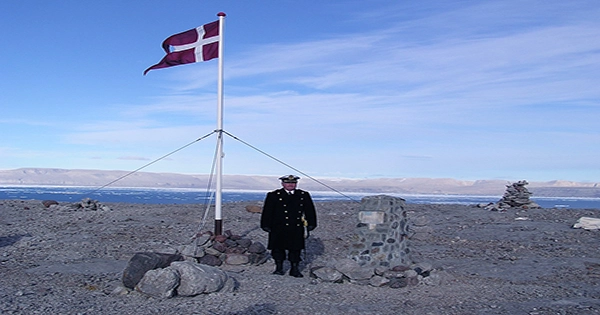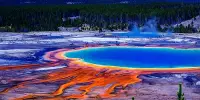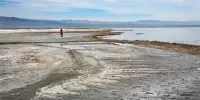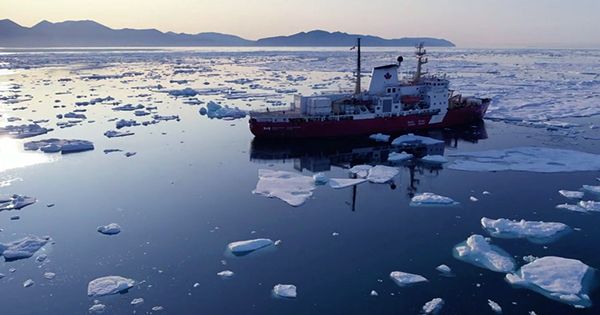The world’s kindest (or passive-aggressive) conflict has come to an end. After 50 years of claiming ownership over Hans Island, which is located in the Arctic Circle and covers only 1.3 square kilometers (0.5 square miles), Denmark and Canada have agreed to share it, essentially creating the first-ever land boundary between Canada and Europe. Let’s go back in time to 1972. Scientists from Canada and Denmark were entrusted with identifying the little island’s physical coordinates and where it fit in relation to the completely arbitrary maritime limits. Both governments claimed the island was on their side the next year.
For long years, no one thought about the conflict until a Canadian oil corporation conducted research on and surrounding the island. This occurred while the two countries were negotiating a deal over the marine portions of the Nares Strait, where Hans Island was located. In 1983, the deal was concluded, and in 1984, word of the Dome Petroleum exploration reached Denmark. Tom Hyem, the then-Minister of Greenland, is claimed to have traveled to Hans Island by helicopter, planting a flag, leaving a bottle of liquor (perhaps Schnapps), and leaving the message Velkommen til den danske – Welcome to the Danish Island.
The Canadians followed suit, taking the flag and leaving behind a bottle of Canadian whiskey, which gave the conflict its name. This back-and-forth lasted years. The battle resurfaced in the news in 2004, and the two countries have been working to find a settlement since then. After several years of deliberation, they agreed on the most apparent solution: divide the deserted island in half.
This has resulted in the creation of one of the world’s tiniest boundaries, as well as the first land border between Canada and Europe. Both Canada and Denmark have now quadrupled the number of countries with whom they share borders. They once shared a single border with the United States and Germany, respectively. Several people have speculated if sharing a land border with Europe will now allow Canada to compete in the Eurovision Song Contest, however as the following tweet indicates, sharing a land border with – or being a part of – Europe is not a necessity.
















